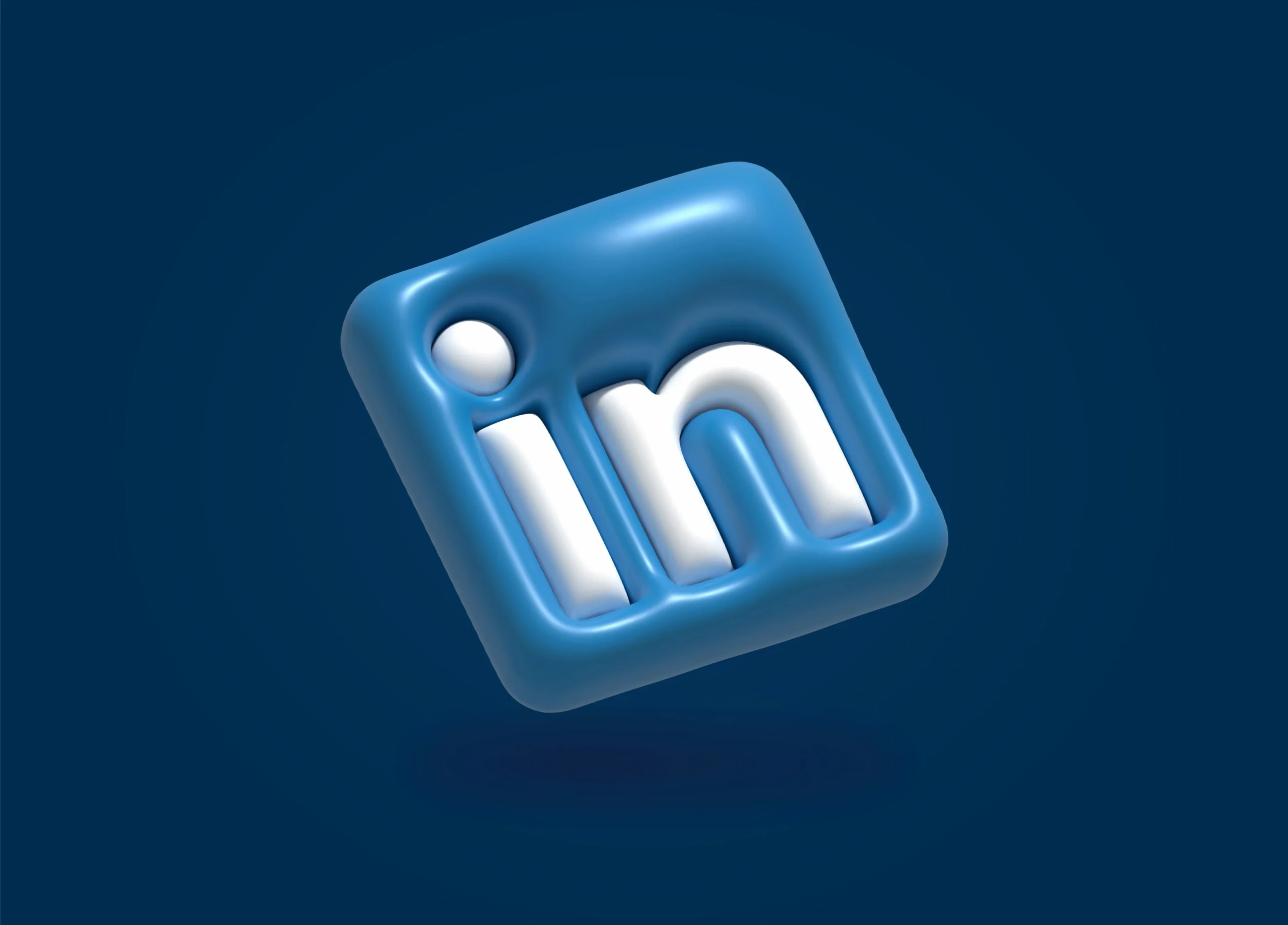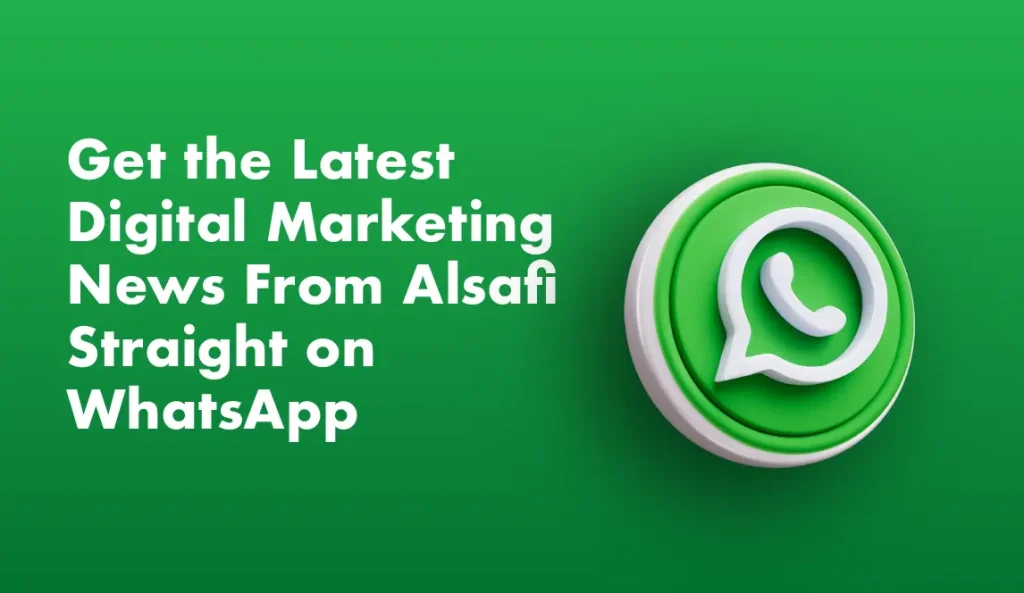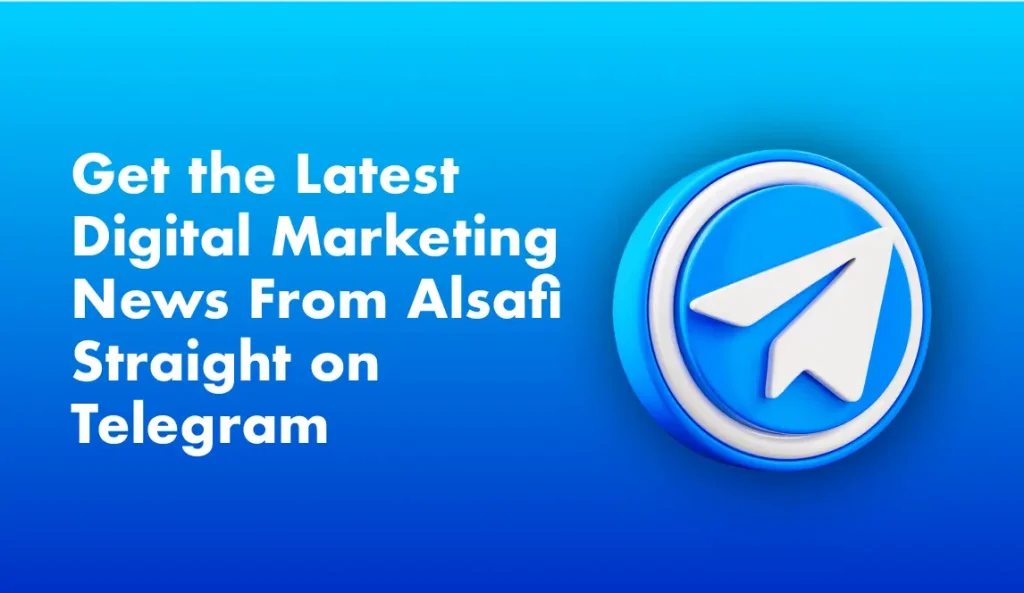In an increasingly competitive job market, LinkedIn has become a pivotal platform for job seekers and recruiters alike. However, the rise of artificial intelligence (AI) tools is changing the landscape of job applications, leading to a dramatic evolution in how applicants are navigating the platform. Frustrated by traditional job search methods, some tech-savvy candidates are deploying their own AI bots to circumvent LinkedIn’s application screening processes, raising significant ethical questions.
As LinkedIn serves over 1 billion users, it processes approximately 9,000 job applications every minute. The platform utilizes sophisticated AI algorithms to help recruiters filter candidates quickly. But as reports surface of job seekers creating their own bots to automate applications, a “cat-and-mouse” game is unfolding. These individuals aim to improve their chances of being seen by hiring managers, often bypassing the platform’s anti-bot measures.
Software developer Jorge Frias from Madrid created a bot that writes and submits cover letters for LinkedIn Easy Apply jobs. By mimicking human behavior and submitting applications at intervals, Frias secured more interviews. Another developer, Federico Elia, created a bot that applies for up to 1,000 jobs in just two days. It optimizes resumes and cover letters to match specific job descriptions.
The implications of this trend are profound. Some job seekers report success in securing interviews, but the use of bots raises concerns about fairness and application authenticity. Employers may find it challenging to discern genuine interest from automated submissions, potentially complicating the recruitment process.
To learn more about this topic, check out our LinkedIn Launches Companies Hub to Enhance B2B Marketing Insights for deeper insights.
Moreover, LinkedIn is aware of this trend and has taken action. Elia faced account restrictions for sharing his automation strategies, indicating the platform’s commitment to maintaining its integrity. However, the unintended publicity from his posts only heightened interest in these automated tools.
From a marketer’s perspective, this situation underscores the need for transparency and authenticity in digital interactions. Brands looking to hire talent must consider how the rise of AI tools impacts their recruitment strategies. It’s essential to create engaging and meaningful candidate experiences that foster genuine connections. As candidates turn to automation, businesses should focus on differentiating themselves in their outreach and messaging.
Marketers can also leverage insights from this trend to adapt their own strategies. Understanding how AI tools can streamline processes, while maintaining a human touch, is key to effective recruitment marketing. This includes refining job descriptions, optimizing application processes, and ensuring that candidates feel valued throughout their journey.
In conclusion, job seekers using AI to navigate LinkedIn’s application landscape must adapt. The evolving job search dynamics show that authenticity and engagement are more vital than ever.




Leave a Reply